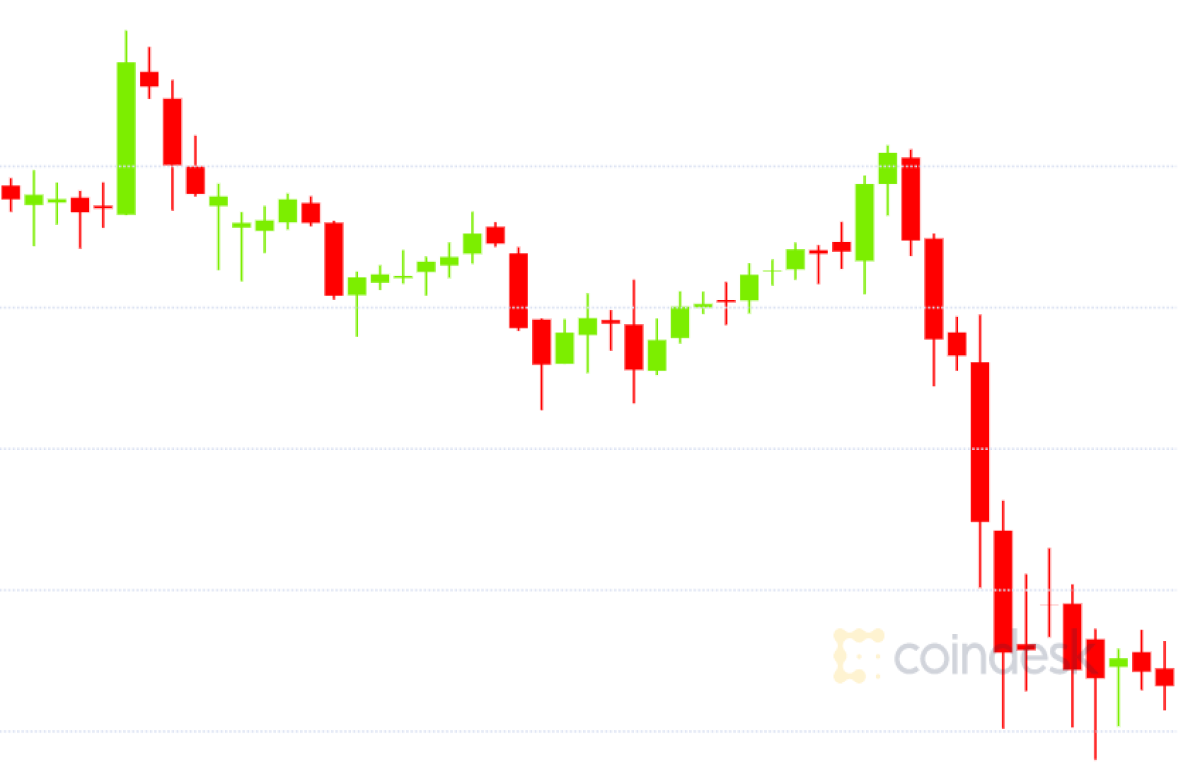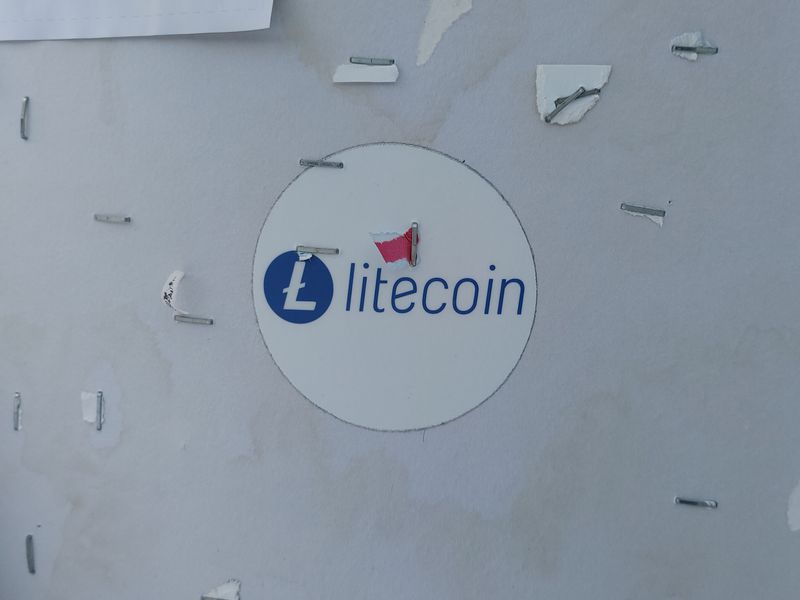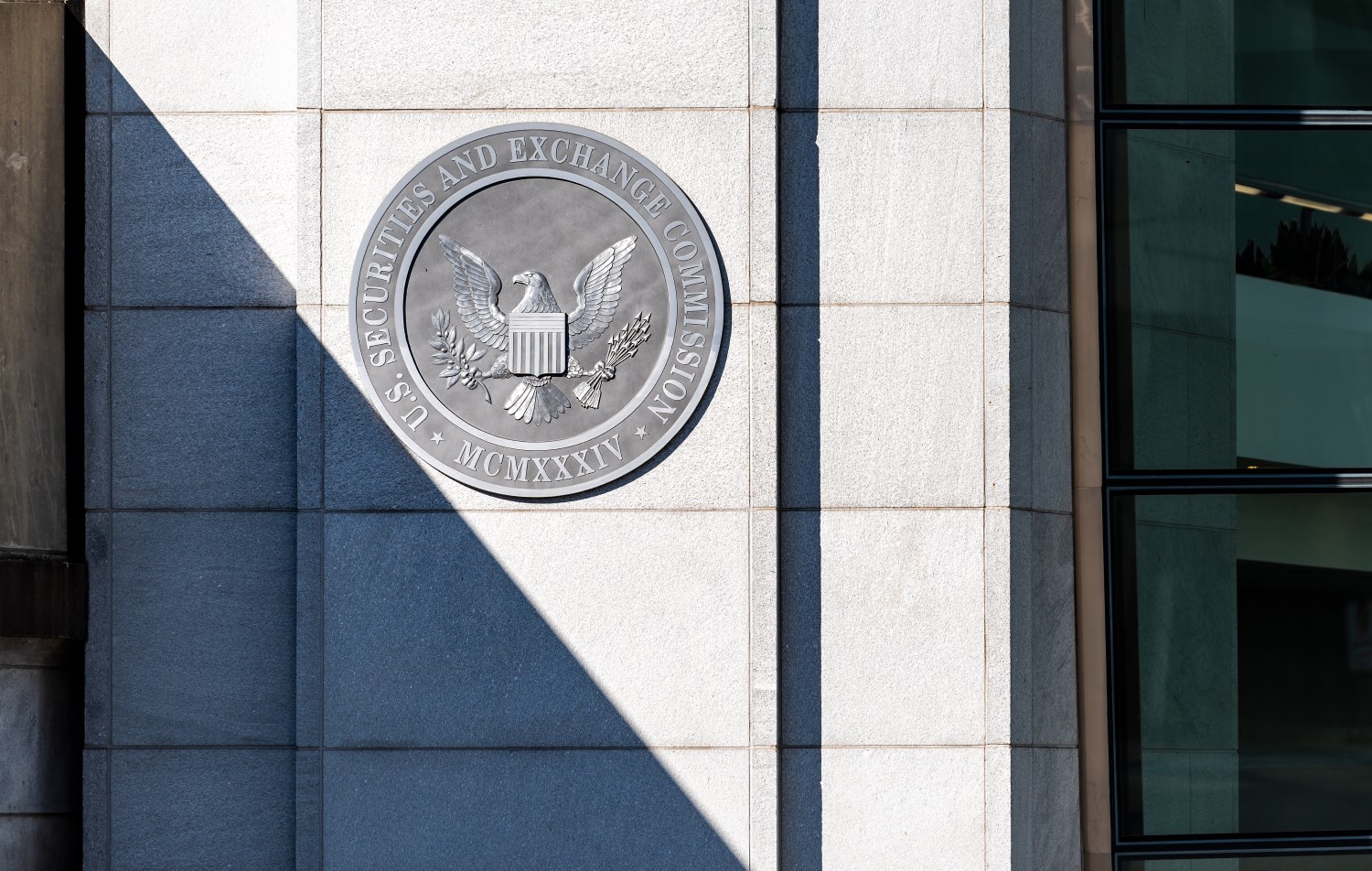Etonec and Mina Foundation to Create ZK-Powered Compliance Tool By Year’s End
Crypto payments company Etonec, in partnership with Mina Foundation, will roll out a new zero-knowledge (ZK) proof-powered regulatory compliance tool for the decentralized finance (DeFi) and Web3 spaces, according to a Thursday press release.
The tool will begin “address[ing] existing gaps within the privacy and compliance space” by providing know-your-customer (KYC) and anti-money-laundering (AML) services on the Lumina DEX when it goes live later this year, read the release The prototype is powered by zkApps, which enables private and compliant transactions.
“The zkp-ID solution will ensure builders can do so in a way that helps satisfy concerns of KYC and AML regulators around the globe without requiring users to share sensitive personal identifying information,” Mina Foundation COO Kurt Hemecker said.
Etonec’s partnership with decentralized exchange Lumina DEX will use zero-knowledge technology to create a sort of permissioned pool, a liquidity pool market that is compliant with AML regulations. This will hopefully allow the DeFi community to attract more institutional investors to the space and grow, Jonathan Knoll, co-Founder and head of strategy at Etonec, told CoinDesk.
The compliance tool isn’t solely designed for decentralized protocols. It also aims to serve a wide range of applications across the Web3 space, the team behind its development told CoinDesk.
“It’s broader than just DeFi,” Hemecker said. “You’re gonna have a large number of use cases…where you can allow users to control their own data, privacy and to decide who and what they want to share information with.”
DeFi protocols have increasingly become a target of regulators’ efforts to assert greater control over the crypto industry. In April, the U.S. Treasury Department issued a precedent-setting illicit finance risk assessment for the DeFi sector, Reuters reported.
Edited by Stephen Alpher.









